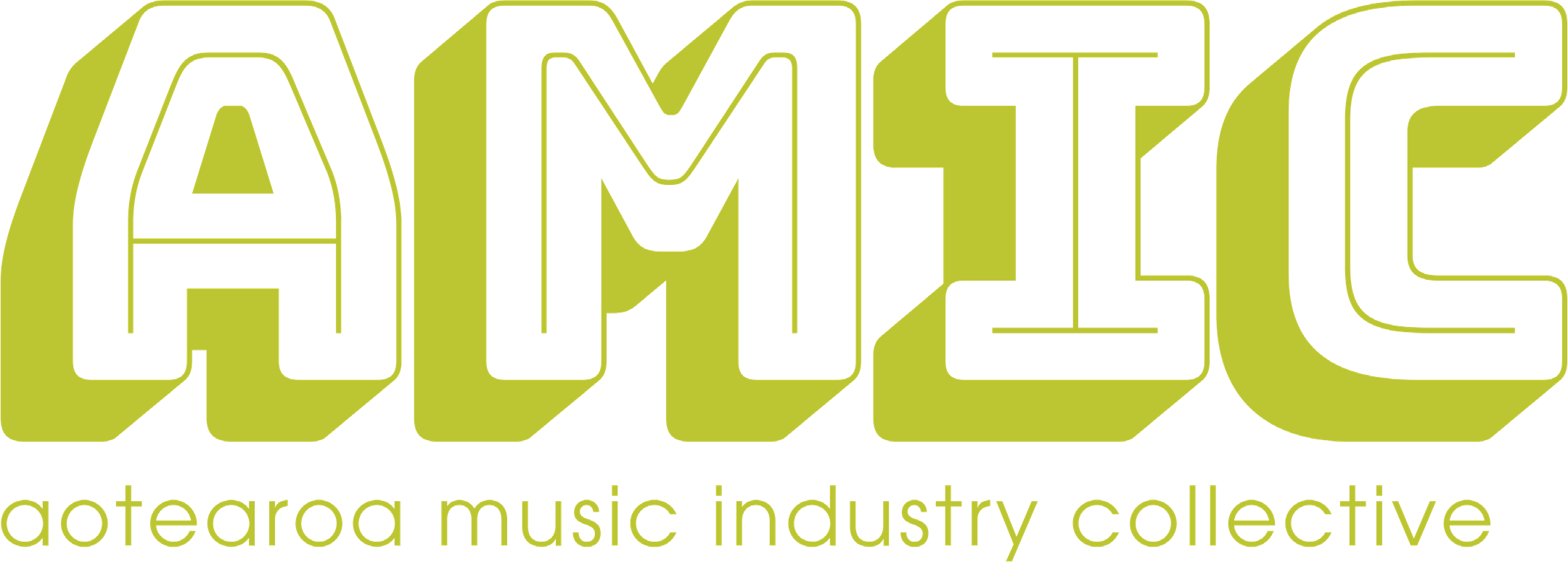Written by Ryan Kershaw.
Earl Nightingale suggested that “Instead of competing, all we have to do is create”. Professional sports competitions aside, I have found that taking on this advice has steered me well in what can be an unnecessarily dog-eat-dog world.
The ability to connect and learn using online tools has really unlocked some brilliant opportunities for many musicians. Unfortunately, it has also made it easier for the cunning to take advantage of the unaware. Lately I have personally encountered ‘scammers’ trying to con me into giving them money for music services which should not see me put into debt. It is frustrating to feel that someone is reaching out to genuinely help, or support what you do, only to find out that it is quite the opposite.
I’d like to share 3 types of online scams that you might encounter at some point in your musical journey; with the hope to just keep an awareness in the back of your mind… just in case you get close to being conned yourself.
I will also outline the dodgy things about each, and what to be wary of.
1. “Audition for our radio station!”

There have been quite a lot of these ‘audition for our radio station’ scams going around. I’ll keep it brief but read the email I received below, and then I will let you know why this is not something I would pursue (areas highlighted in bold font):
Good day, I discovered some of your music online, and hope it’s alright to contact you this way.
I’m an A&R representative at SRL Networks in London, an artist relations company representing independent musicians and labels around the world. We are looking for new music for our radio network, music licensing catalog and artist promotion roster, and I’d like to invite you to audition. Subject to a successful audition, SRL Networks will get your independent releases heard by entertainment industry professionals and fans around the world, and help facilitate music licensing and distribution deals, live events bookings, record label and music publisher deals and more. You will receive a detailed agreement once your audition has been successful.
You can find out more about us at www.skunkradiolive.com/backstage and find out how to submit music and obtain your audition ticket at www.skunkradiolive.com/auditions
Please do get in touch, it would be a pleasure to hear from you.
Kind regards,
Steve M
General Manager
Skunk Radio Live

The first thing that jumps out, and is a major point to take note of, is that they haven’t addressed me by my name. Generally, if someone is interested in working with you specifically, they will address you by your name in the opening of their email. As a side note, it is nice for you to do so when contacting others too.
The use of ‘good day’ and ‘I hope it’s alright to contact you this way’ suggests a generic email, similar to getting an email alerting you to your $5,000,000 inheritance, located in a bank account in a far-off land.
The next thing that raises a few questions is the promise of ‘facilitate music licensing and distribution deals, live events bookings, record label and music publisher deals’. With whom, exactly? What publishers do they work with? If you can’t find that information out – chances are that they don’t actually work with any publishers that could efficiently align your music with syncs or appropriate promotions.
You must do your part and use your initiative when looking into emails like these. Do a quick google search and you will soon find out if others are feeling a bit suspicious too:
The last point to make is to check the name of the person who sent you them email. If the last name is not provided, it could be a way of not sharing too much info, rather than being friendly or informal. Look for surnames on email signatures, and if you are feeling any doubt, do a quick check to the background of the person. You should be able to find something – an article from a reputable source, respected awards, previous testimonials from real clients – that confirms the legitimacy of the sender.
Note: It can be useful to ask a station about the need for ISRC codes, which are recommended to be written into the data of your submitted recordings. Are they aligned with a performing rights association so that you can receive royalties for radio play?
2. “Pay to work with our agency”

I recently received an interesting email: An agent contacted me expressing interest in working with me. Now, sometimes bands might gain something from buying onto a tour… but 9 times out of 10, it’s a dead end.
The email seemed a little more legit, and perhaps from the sender’s point of view it was. The sender had addressed me by my name in their introduction, and they mentioned that they were happy to provide testimonials of their legitimacy from other artists and clients. Here’s where it ended for me:
The agent said that there were no guarantees of ticket sales percentage or return, and actually informed me that they would be asking for £1800!
To some… this might sound okay. One gets to go on tour, play with artists they might have heard of or even admire. BUT… don’t forget that if this is you, you will have to pay for travel, your own accommodation, food etc. A question to ask would be do you get promoted, and if so – in what way?
*note: the email also seemed to be copied and pasted in different fonts from a generic email. Not always a sign of something dodgy but does make you wonder how much they are interested in working with you personally.
It could be fairly argued that the music business is just that – a business, and in business investments need to be made. I agree 100%, though what I don’t agree with is many artists going into debt in a deal in which they aren’t guaranteed any return or given any clearly quantified marketing. Ideally, if a legit agent is interested in building your career, rather than seeing you go into debt yourself they will take 10% of an agreed fee which was paid to you for your performance. If you are a new artist and 10% of a performance payment is unrealistic for whatever reason, then they should look at securing you opening spots with one of their artists with a bigger following, in order to grow your business that way first – not let you get into debt to “give you exposure”, and then stop taking your calls after the tour. Because, if you aren’t making much to begin with, then you go into debt to go on a tour in which you have to pay all expenses, and then aren’t inclined to make anything back… where is the business building logic in that?
“If you are a new artist and 10% of a performance payment is unrealistic for whatever reason, then they should look at securing you opening spots with one of their artists with a bigger following – without you going into debt for it”
3. Weird offer with no point

I raised a question to my LinkedIn groups. Someone quickly posted a response similar to the sentence below:
“yes… your questions, take many. many ref no chit cha? Call 888-456-2114″
First of all, the sentence is broken and doesn’t really put a point across. The person has not addressed me by my name, and importantly… it just feels dodgy!
Secondly, I did a quick online check of the person’s name and not only was there an article about his court appearance and fraud, there was also a video about how he scammed people, with viewers angry personal accounts with said scammer in the comments section.
Summary
As you can see, there is more than one way that musicians can easily be taken for a ride online. It pays no end to be aware of what can happen, and to keep learning to protect yourself from being taken advantage of. I’ll leave you with some key points to remember:
- LEARN YOUR PERCENTAGES – what is the industry standard for a manager’s fee, what is the industry standard for an agent’s fee etc.
- IF THEY DON’T ADDRESS YOU BY NAME – BE CAREFUL
- LOOK FOR PROOF: Do they have real testimonials from good sources? Is what they are promising or suggesting to you measured in any way? Check the sender’s credentials
- LISTEN TO YOUR GUT, THEN USE YOUR HEAD: act on research rather than desperation
Two of the 3 in the above article have commented on or have contacted me through one of my LinkedIn posts. I welcome any discussion regarding this topic from them and would love for you to list your own experiences with receiving questionable emails, or business proposals in the music industry. Leave your comments below and let’s look out for each other!
Author bio: Originally from New Zealand, Ryan Kershaw is a musician and music educator, author of “Use Your Buzz To Play The Guitar” and creator of the Musicians Confidence Course. He helped to strengthen the music education community in New Zealand by bringing organisations together including Music Education New Zealand Aotearoa, Smokefree Rockquest, and Independent Music New Zealand. He is the founder of the New Zealand Underground Festival, which provided New Zealand underground musicians with a platform to connect with the industry, and currently writes for The Guitar Association of New Zealand, Audioculture and Muzic.nz. Ryan is now based in Ireland and continues to record, play and teach music.
Web: ryan-kershaw.com Consultations available for musicians, music teachers and music organisations. Email: [email protected] to enquire










